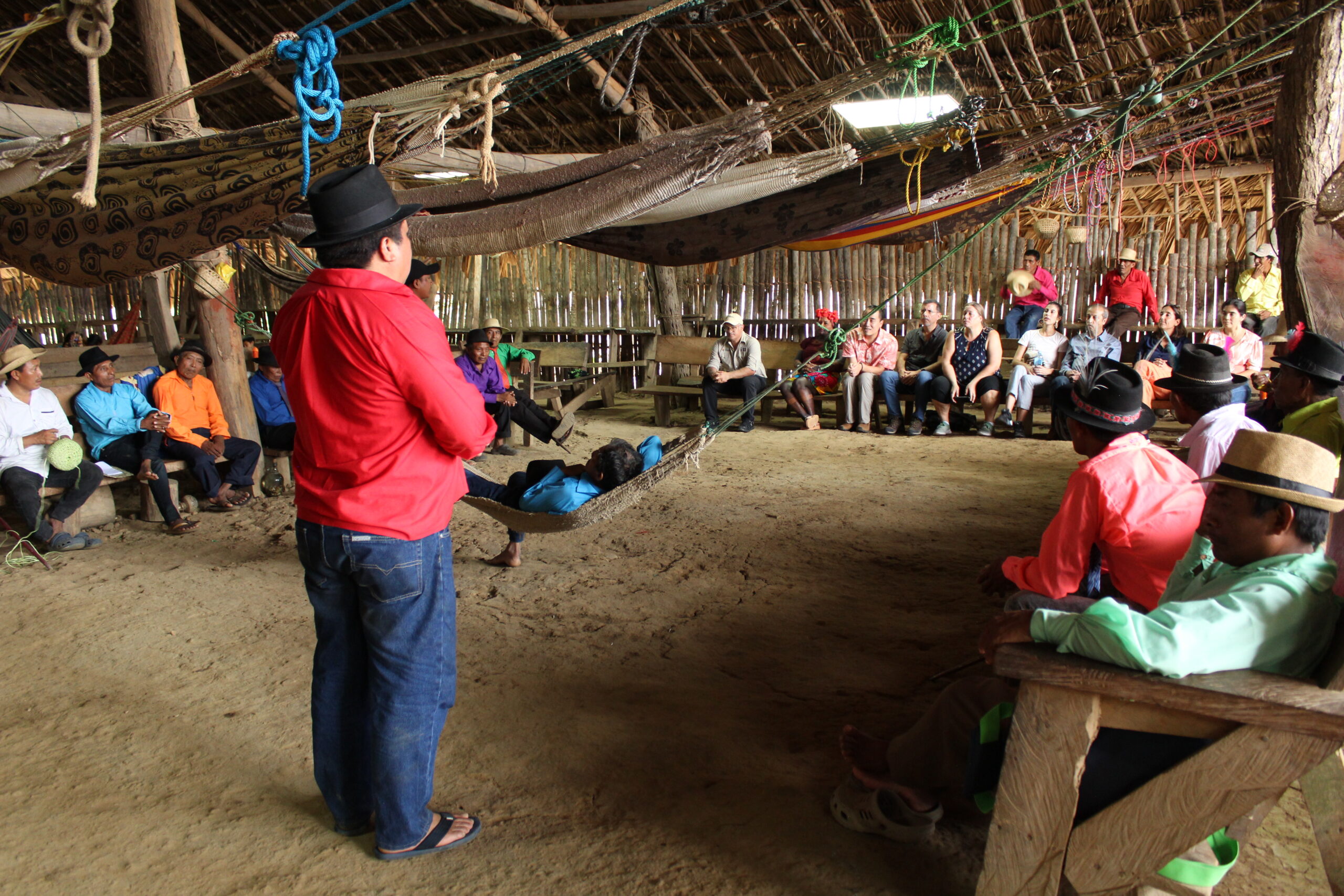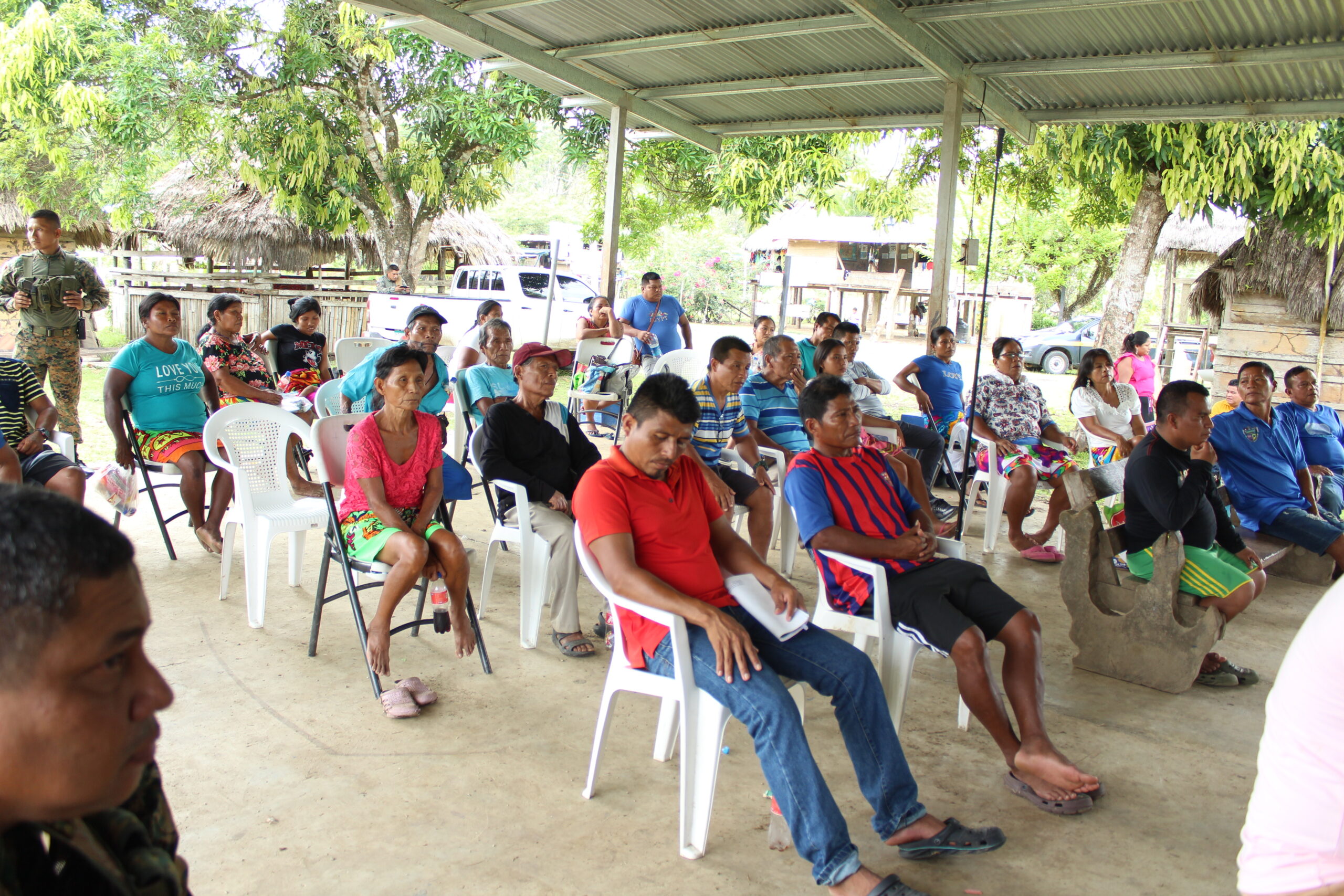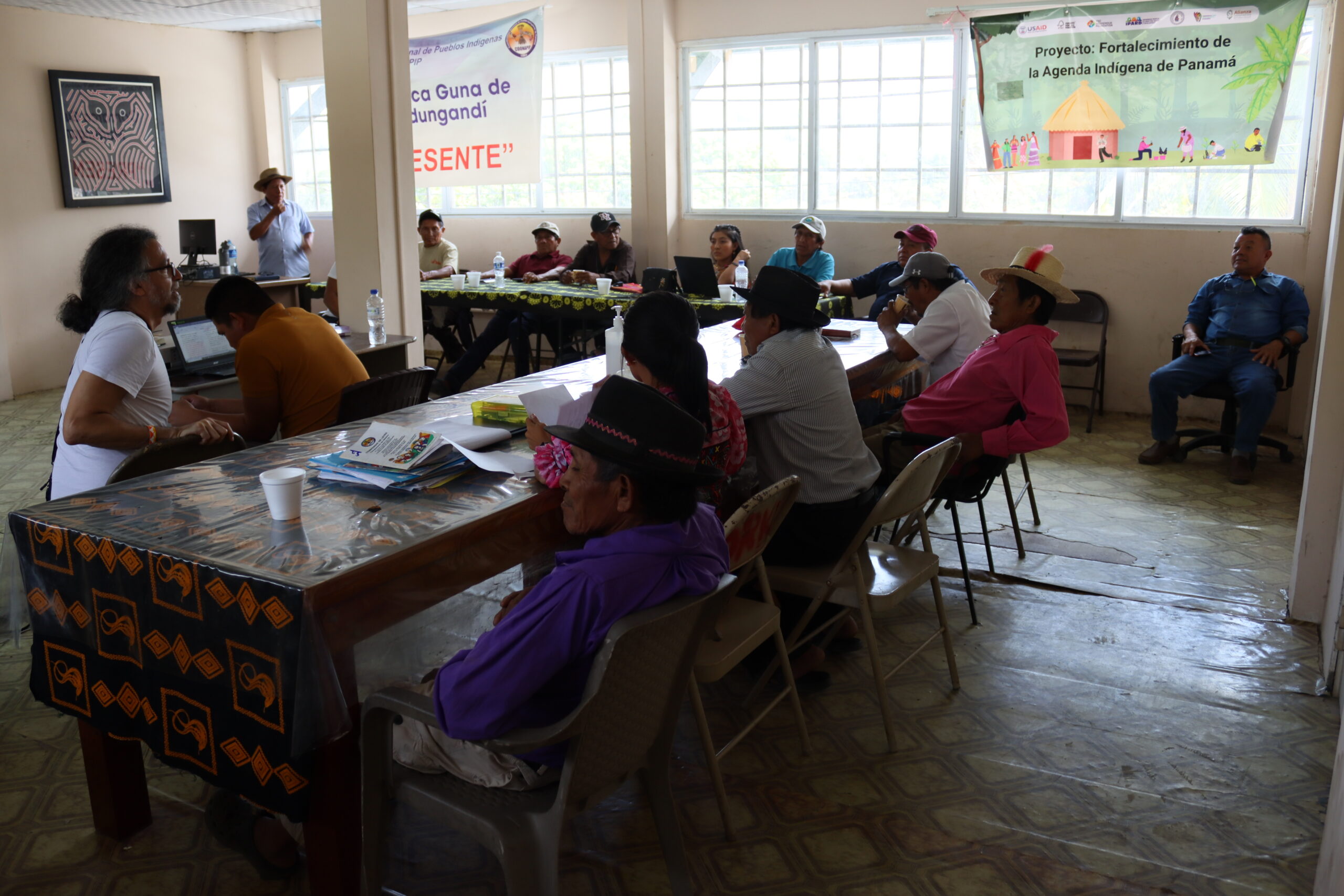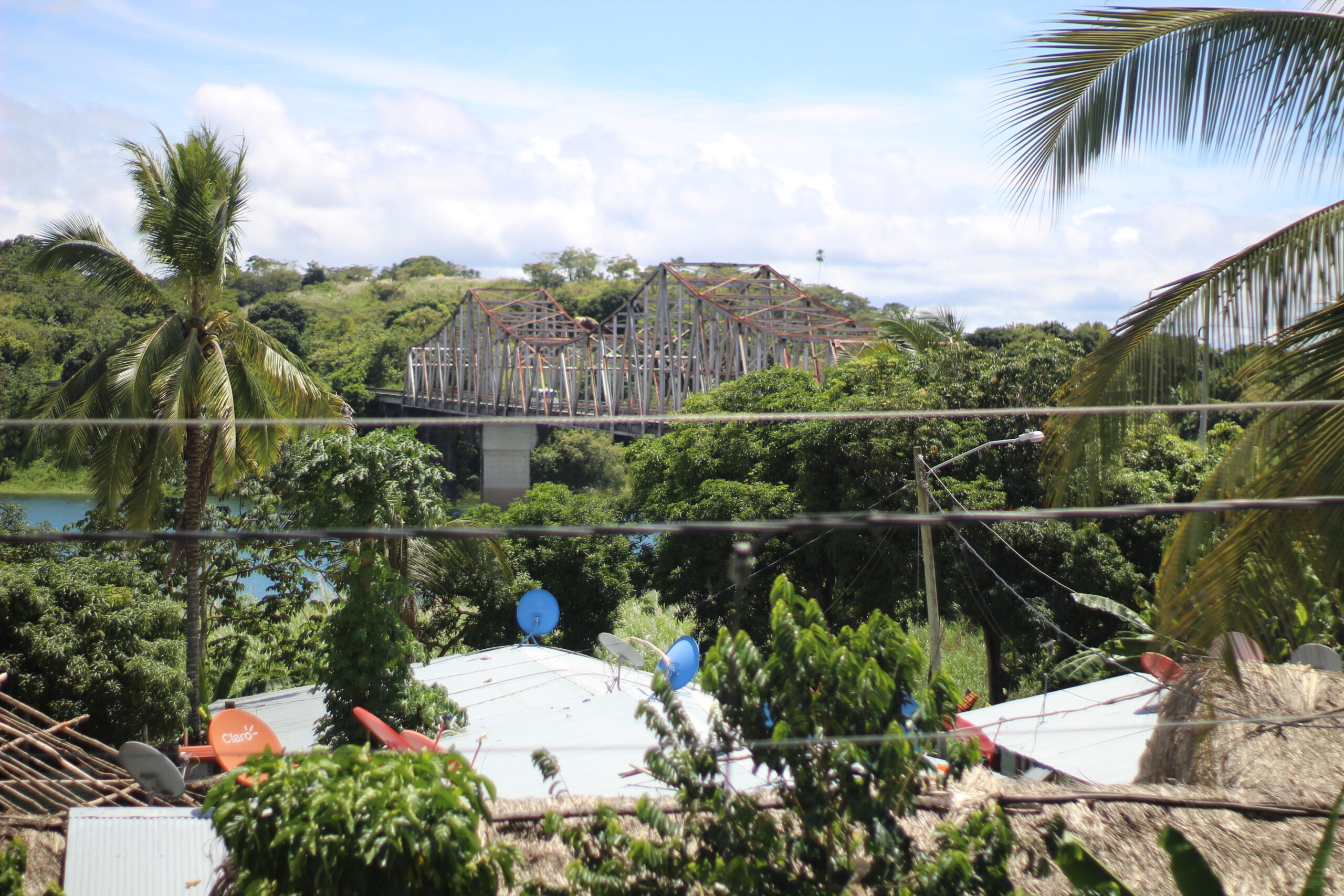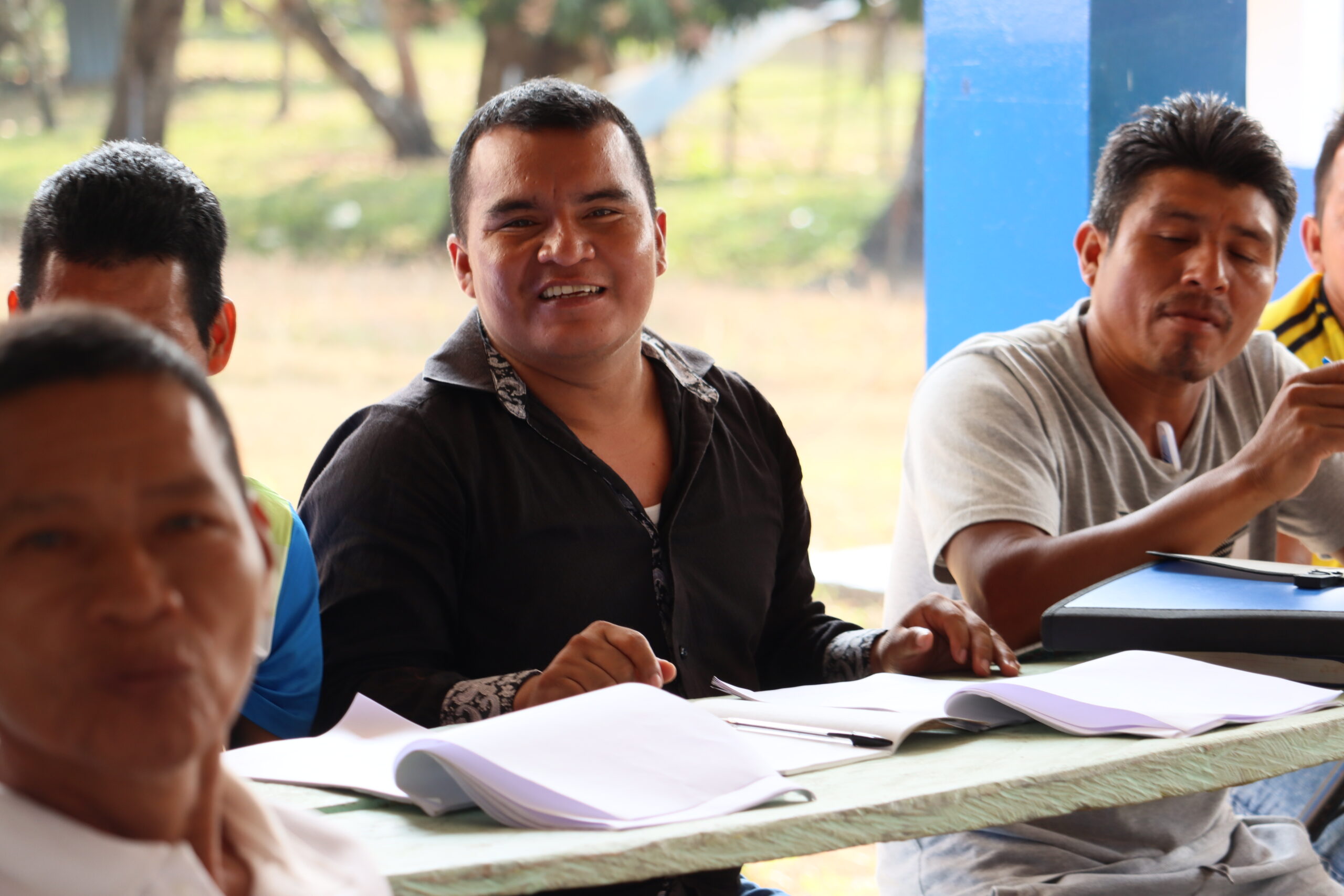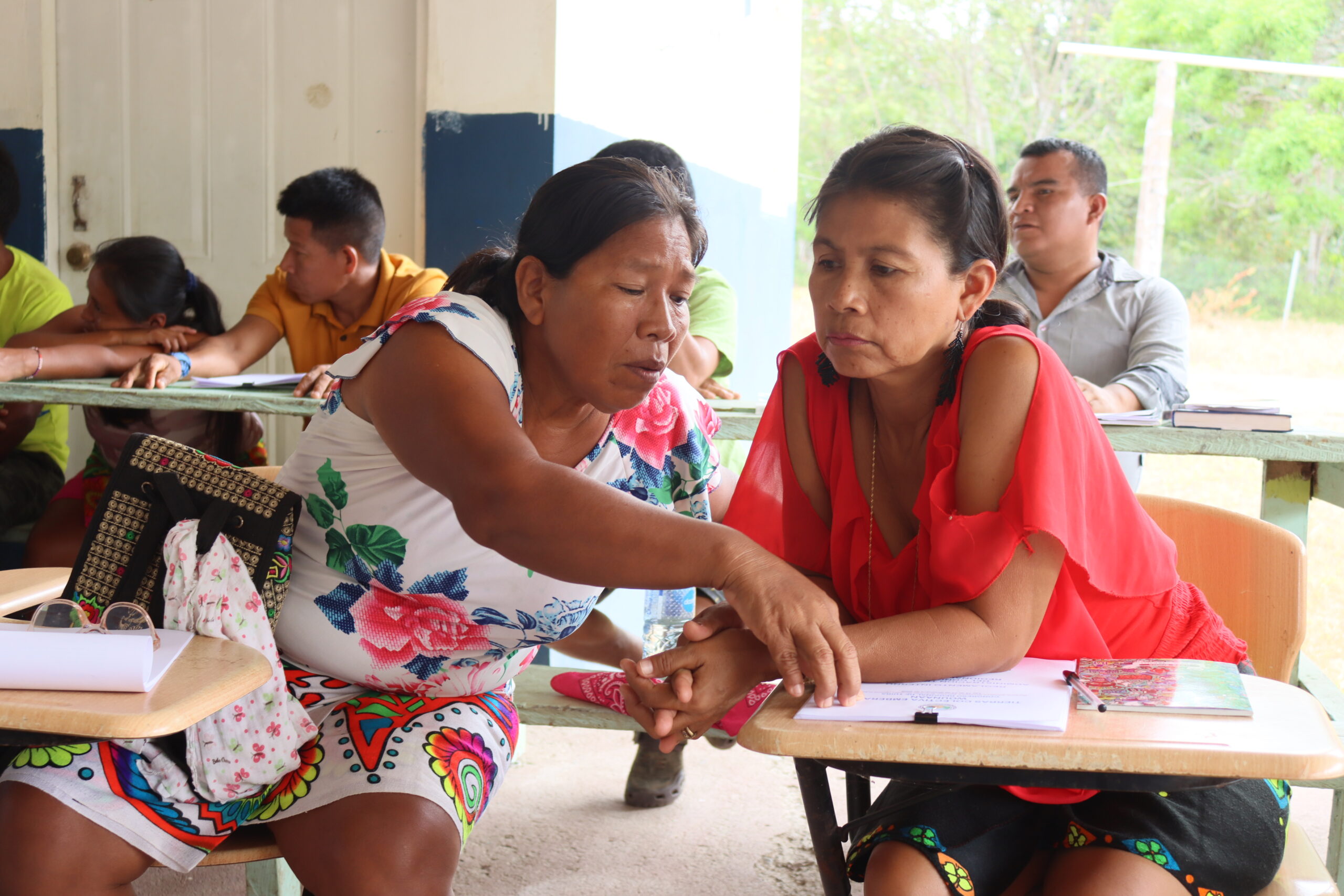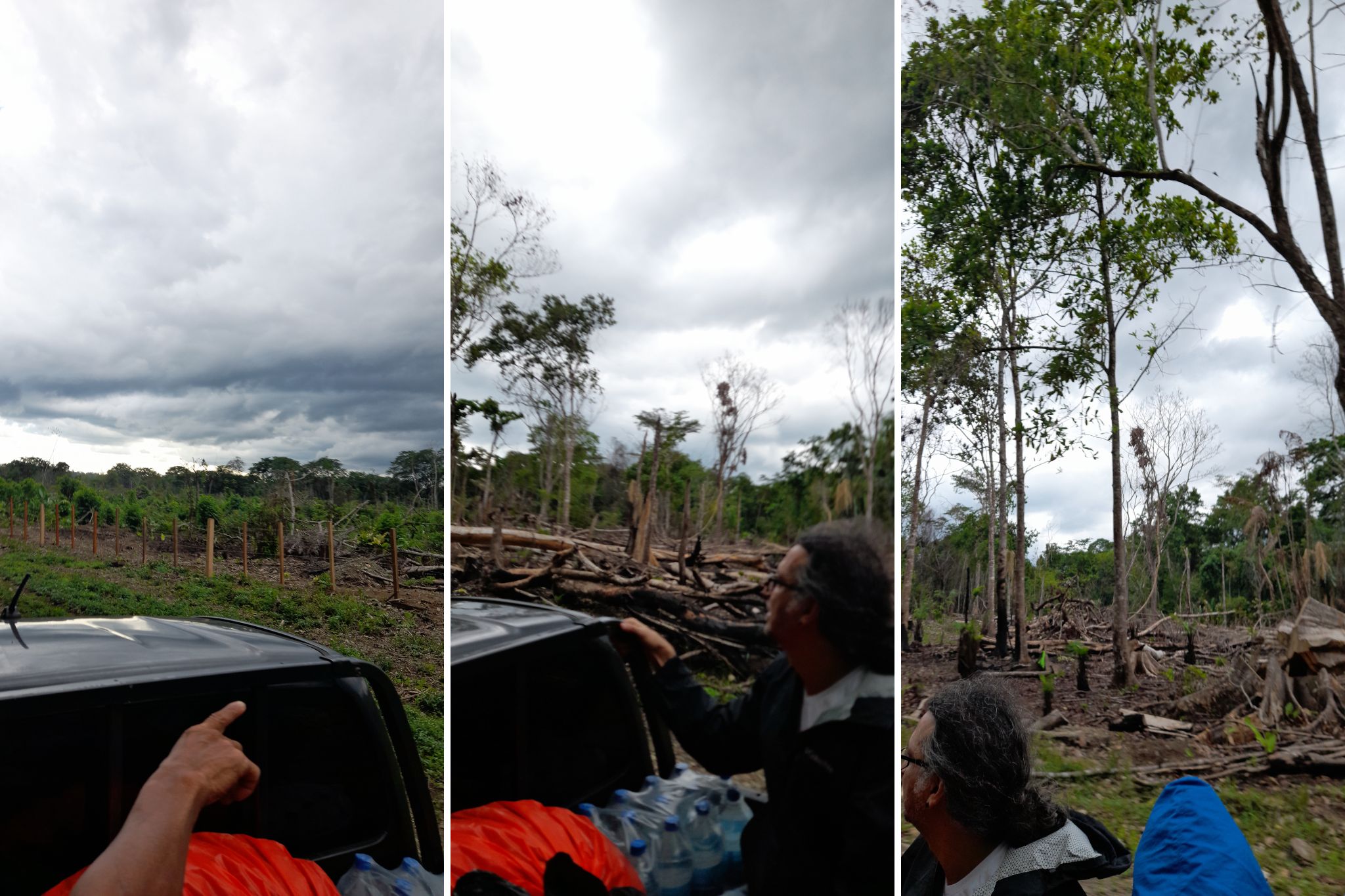FSC Indigenous Foundation to Implement Community Program in Four Indigenous Communities in the Comarca Ngäbe-Buglé in Panamá
Tolé, Chiriquí, Panamá – June 2025

The FSC Indigenous Foundation (FSC-IF) will serve as the implementing partner of a newly established community program designed to support the livelihoods and well-being of four Indigenous Ngäbe communities in Panama: Kiad, Nuevo Palomar, Quebrada Caña, and Quebrada de Plata.
This initiative arises as a result of a dialogue process between these communities, representatives of the Movimiento 10 de Abril (M10), their advisors (SOMO, Both Ends, and ACD), and the Development Finance Institutions of Germany (DEG) and the Netherlands (FMO). This dialogue was prompted by a formal complaint submitted in 2014 to the Independent Complaints Mechanism (ICM) of DEG and FMO by M10 and the General Cacica of the Ngäbe-Buglé Comarca, in relation to the impacts of the Barro Blanco hydroelectric project.
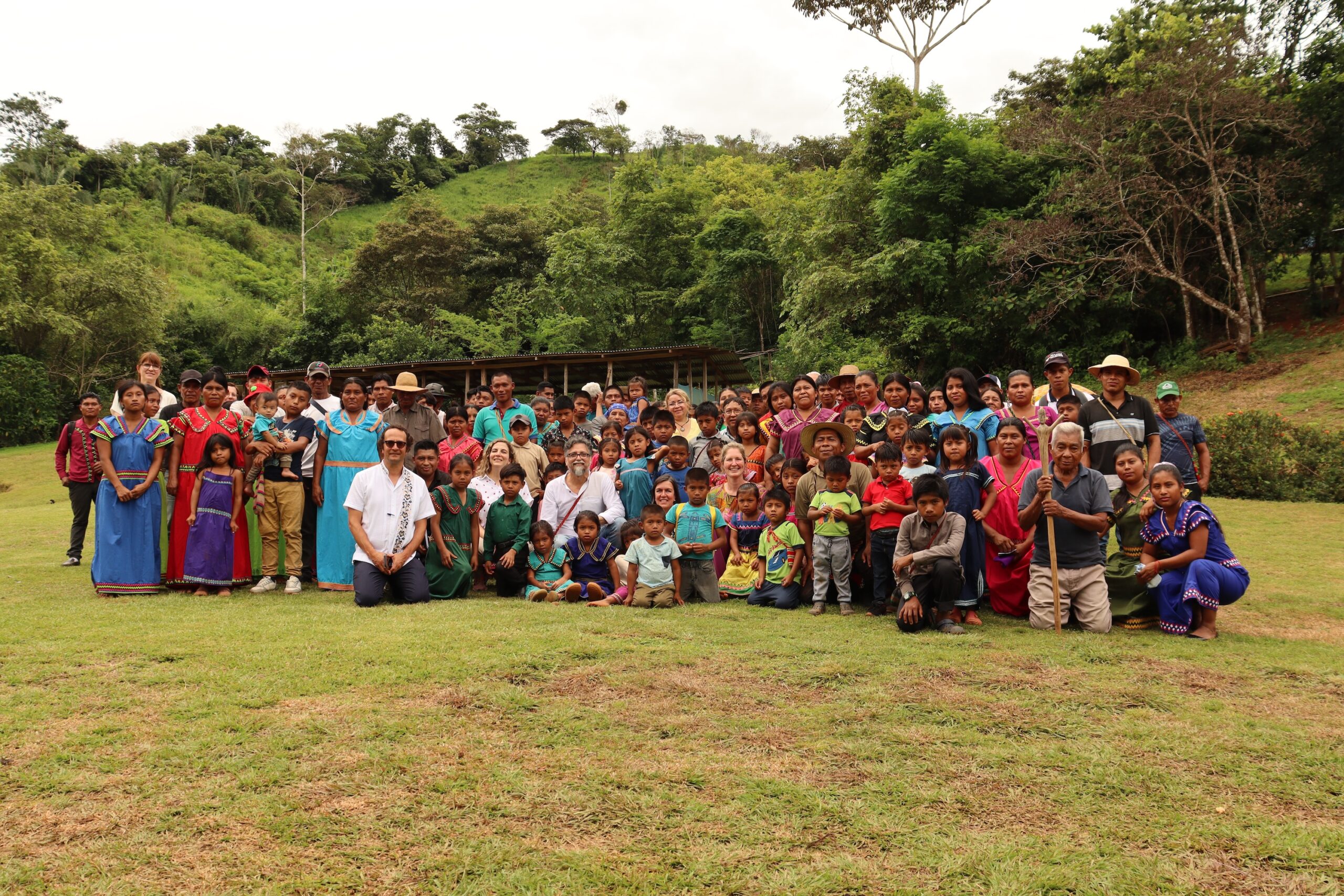
The dialogue culminated in a joint agreement, signed in June 2025, and the co-creation of a community program addressing essential needs, such as access to water and sanitation, transportation, electrification, home improvements, education, livelihoods, and cultural preservation. All elements of this agreement were discussed and validated through a participatory process in each community.
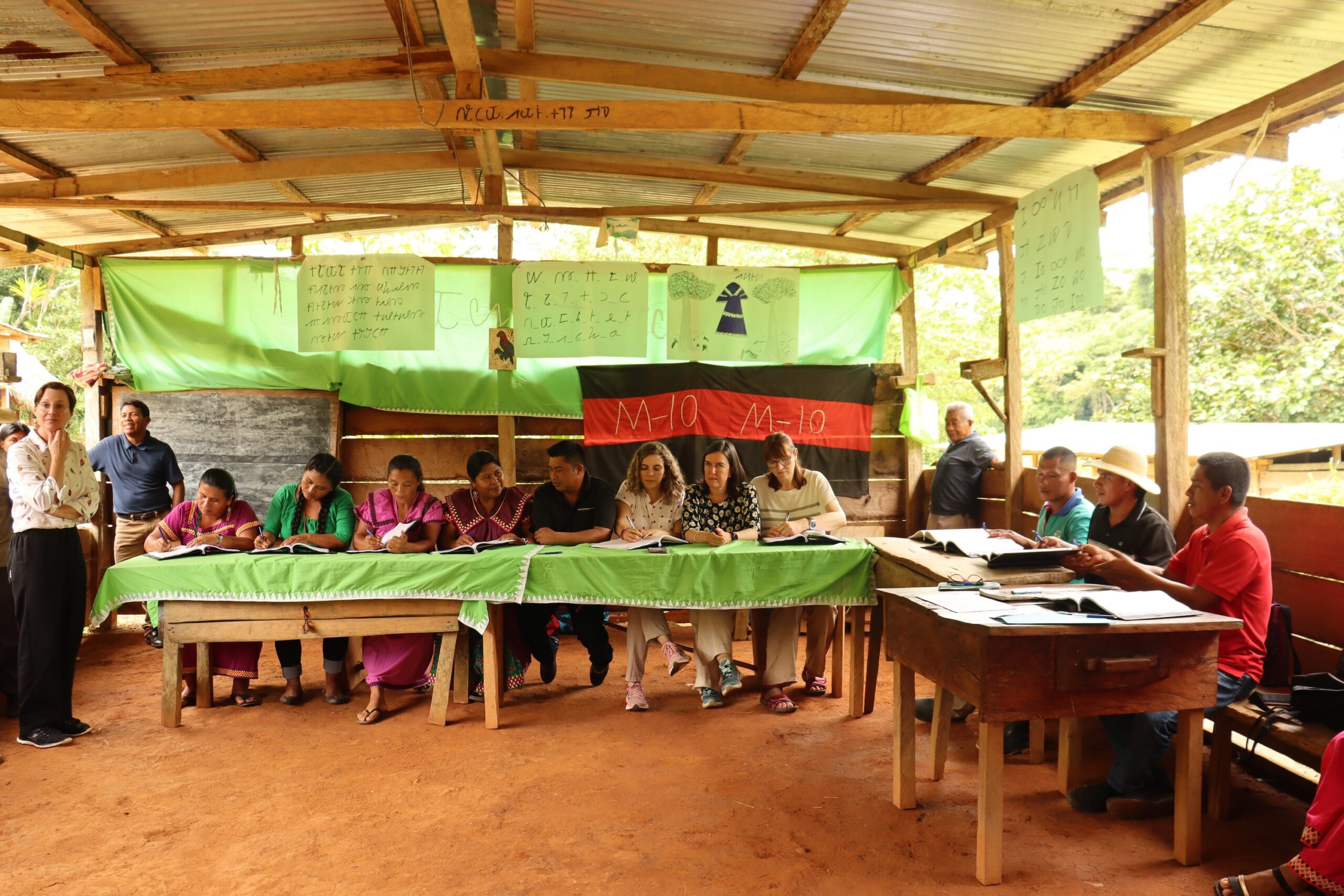
The FSC Indigenous Foundation was chosen by the parties to implement the program based on its recognized track record of working alongside Indigenous Peoples in Panama and worldwide. The Foundation’s role will be to ensure that the commitments outlined in the agreement are fulfilled through a culturally sensitive, participatory, and transparent implementation process over the course of two years, beginning in July 2025.
Our Guiding Principles: Respect, Consent, and Indigenous-Led Solutions
The FSC Indigenous Foundation is an Indigenous-led organization committed to upholding the rights of Indigenous Peoples and safeguarding their traditional knowledge, governance systems, and territories. We believe that Indigenous Peoples are the rightful stewards of Mother Earth’s forests and that Indigenous leadership is central to global sustainability efforts.
Our mission is to protect sacred landscapes and empower Indigenous communities through self-determined development. Our vision is a future where Indigenous rights are fully honored, Indigenous knowledge is integrated into global systems, and Indigenous Peoples lead actions to protect and restore the world’s forests.
In all our work, we uphold the principle of Free, Prior and Informed Consent (FPIC). This means that Indigenous communities have the right to decide—freely, in advance, and with full information—whether and how they wish to engage in development processes that affect their lands, territories, and lives. FPIC is not only a procedural step, but a cornerstone of Indigenous autonomy, dignity, and governance. We follow this methodology in every initiative we undertake, regardless of location or scale.
A Commitment to Dignity and Constructive Engagement
While the Barro Blanco hydroelectric dam has had lasting negative impacts on the affected Indigenous communities, this agreement reflects the determination of the Ngäbe Peoples to advocate for their rights and well-being. It is the result of their leadership and persistence in seeking solutions on their own terms.
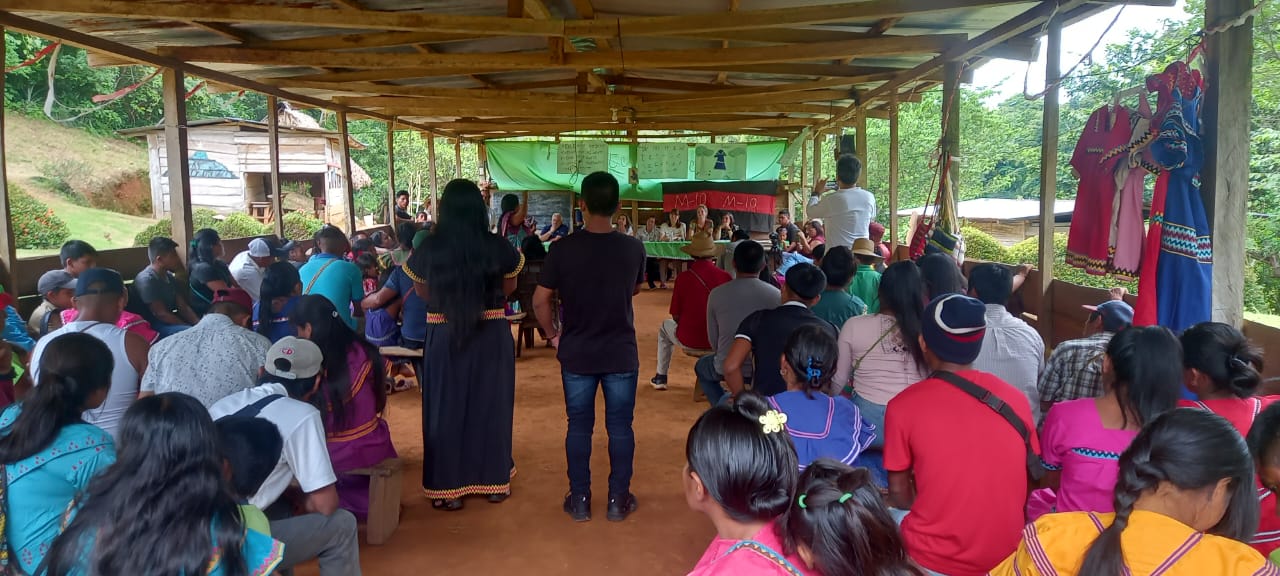
The FSC Indigenous Foundation is honored to support the implementation of the resulting community program, carrying out this work with deep respect for the communities’ lived experiences and with a strong commitment to transparency, dignity, and Indigenous self-determination.
Our approach is grounded in dialogue, mutual respect, and Indigenous self-determination. We thank the communities of Kiad, Nuevo Palomar, Quebrada Caña, and Quebrada de Plata, M10 representatives, and all involved parties for their trust, and we remain committed to walking alongside them in this process.
Communications contact
If you want to collaborate with the FSC Indigenous Foundation, please email:
María De León
Head of Communications
m.deleon@fsc.org

